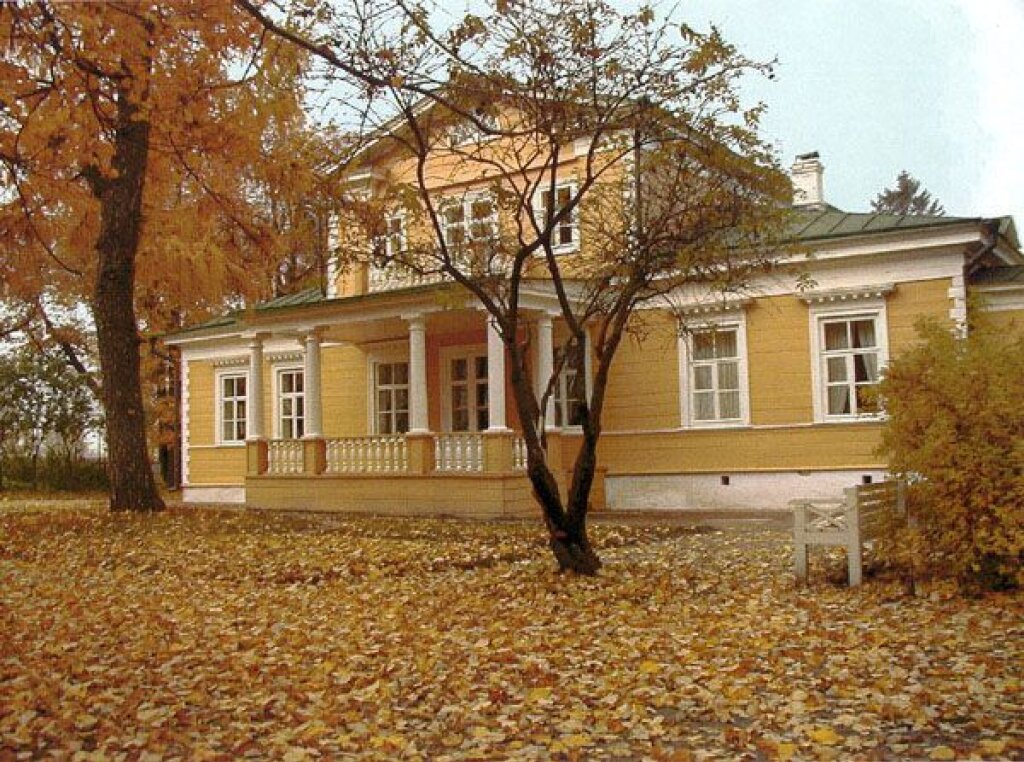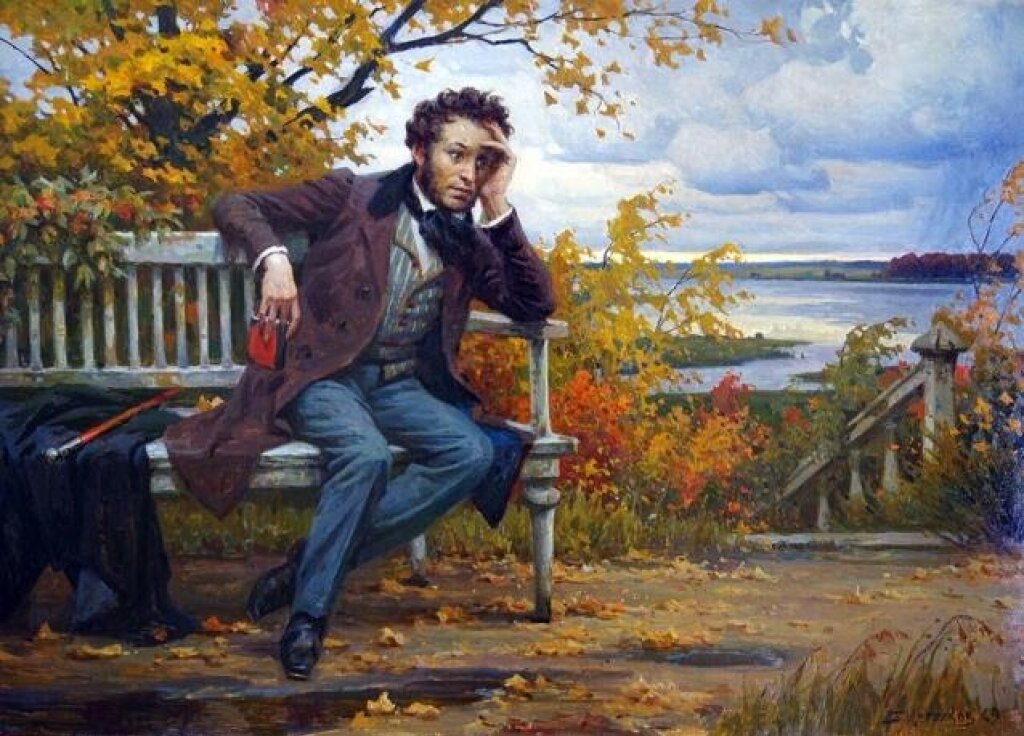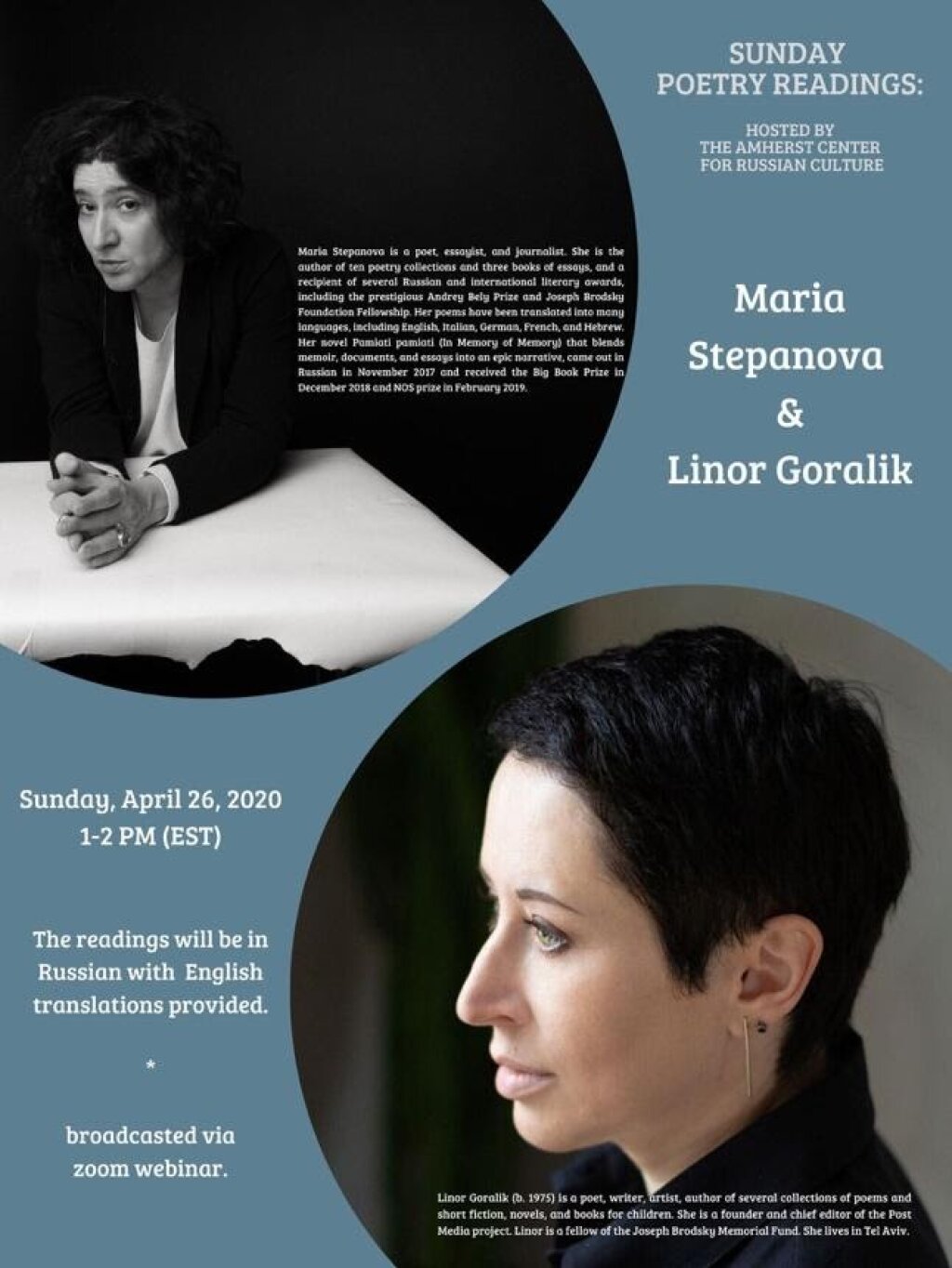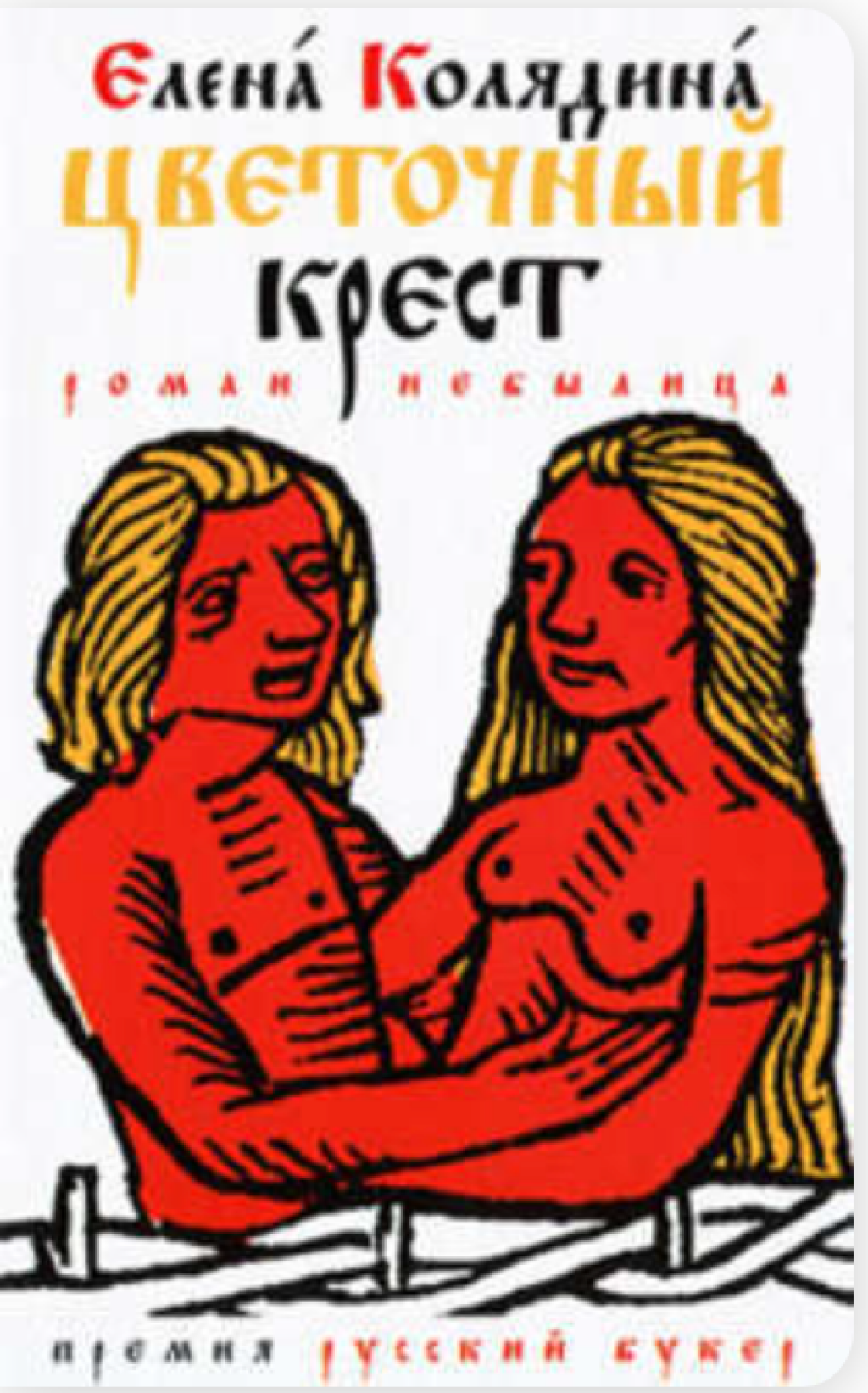A shorter version of this piece originally appeared on the page of the Netherlands Institute for Advanced Study in the Humanities and Social Sciences (NIAS).
Ellen Rutten is Professor of Russian and Slavic Literatures at the University of Amsterdam, the Netherlands, and editor-in-chief of the journal Russian Literature.
Now that self-isolation is the new reality across multiple world regions, journalists, bloggers, and scholars avidly ponder the nexus between quarantine and intellectual potency. Some claim that quarantine boosts creativity or praise breakthroughs that isolation spawned in Newton and Shakespeare. Others paint less blithe pictures. Psychologists point to harmful quarantine effects, for instance. Meanwhile, writers critique the myth of the isolated genius. Some think that “the lockdown generates rather mediocre writing”; others say that stories of intellectual brilliance in isolation are well and good, but ooze privilege.
The debate on productivity and isolation from the commitments of daily life revives an old question. Does quarantine boost or rather stifle inspiration? In pondering this question, it helps to revisit Russian cultural history, which brims with stories of self-isolated intellectuals – some more fortunate than others.
“I have grown a beard; as the proverb goes: a mustache and a beard are praise to a young man,” Aleksandr Pushkin wrote in a letter to his wife in September 1830, when a cholera epidemic had struck his country (fig. 1). The poet self-isolated in his family estate at Boldino village in northwest Russia.
The quarantine was not his first. In 1825, Russian authorities had condemned Pushkin to a prolonged house arrest at Mikhailovskoe, another family estate, together with his childhood nanny. He loathed the confinement then – “let us drink from grief,” he famously implored the nanny in verse – but at Boldino, he was less somber.
To those of us combatting productivity issues at improvised home offices, his daily schedule sounds soothingly lazy. “I [...] stay in bed till three,” the same letter says, “I go riding, at five I take a bath, and then dine on potatoes and buckwheat porridge.” In an earlier update for his wife, Pushkin also used the term “lazy” to self-describe this work routine. He was, he admitted, “working in a lazy, slipshod fashion.”
Appearances can be deceiving, however: the quarantine months rank as a peak in Pushkin’s writing career. In contemporary Russian, the phrase “Boldino Autumn” is shorthand for productive times spent in isolation.
Accordingly, the pandemic has sparked a "Boldino hype" in Russian media. Exemplary in this genre is “Boldino Autumn ON AIR,” a Pushkin-themed podcast launched by Nizhnii Novgorod’s Malyi Youth Theatre last month. The podcast is one in a long line of efforts to put the crisis to good use and frame it as a collective, intellectually inspiring "Boldino Experience."
At first glance, the poet Joseph Brodsky also seems to praise quarantine. Almost as soon as COVID lockdowns began, the dissident’s 1970 poem “Don’t Leave Your Room” went viral (fig. 2). And with good reason: Brodsky’s seeming celebration of life-between-walls begs to be revisited today. I cite from its recent retranslation by writer Thomas de Waal:
Don’t leave your room, don’t commit that fateful mistake.
Why risk the sun? Just settle back at home and smoke.
Outside’s absurd, especially that whoop of joy,
you’ve made it to the lavatory – now head back straight away!
… Don’t leave your room. Go dance the bossa nova,
shoes without socks, your body bare and coat tossed over.
The hallway holds its smells of ski wax and boiled cabbage,
writing even one letter more is excess baggage.
… Don’t be an idiot! You’re not the others, you’re an exclusion!
Choreograph the furniture, essay wall-paper fusion.
Make that wardrobe a barricade. The fates require us
to keep out Cosmos, Chronos, Eros, Race and Virus!
Masyanya." width="676" height="385" />
The author knew what he was talking about: he was another seasoned self-isolator. Brodsky’s mother took him to Northern Russia during the Siege of Leningrad. As a nonconformist, he later spent five years in exile in a secluded village. In hindsight, he called this a “very productive time”: “I wrote a lot. Including some lines that I remember as a kind of a poetic breakthrough.”
However, Brodsky defied idealization: the years in exile were neither “that interesting” nor worth “overdramatiz[ing].” “Don’t Leave Your Room” is no ode to quarantines, either. The verses are, in fact, hardboiled satire. As De Waal explains, they mock “those members of the stay-at-home intelligentsia […] who despised Soviet reality but did nothing to oppose it, merely remaining in their rooms and complaining.”
The Kremlin practice of imposing self-isolation on public intellectuals persists today. After what many consider a fabricated case, theatre and film director Kirill Serebrennikov faced prolonged home detention in 2019. Serebrennikov, who produced several new works during the house arrest, recently offered quarantine newcomers a “How-To-Stay-Home” powertalk. His proposed homestay diet – read, learn languages, write memoirs – is pleasantly inspiriting, as are all the Russian literary get-togethers (see figure 3), dance challenges, streamed concerts and plays that flood the web right now (for instant quarantine joy, do click each link in this sentence).
But the many happy-homestay initiatives that we witness today evoke and sharply contrast with sadder stories of social separation — for instance, that of poet Marina Tsvetaeva. When the Second World War broke out in Russia, Tsvetaeva and her teenage son were evacuated to a remote provincial town.
Depression and a lack of means to support herself and her son intensified the stress of exile. Within weeks, Tsvetaeva had committed suicide. Her story cannot be reduced to a social-isolation trauma, but is not unrelated to a point that feminists make today: quarantine worked well for men who had the time and means to think alone, but can have a disastrous impact on the less well-off, and on men and (more often) women with care responsibilities. Puskin’s idle bath was, put plainly, no option for the “old woman trying to feed her adolescent son by obtaining a dishwasher’s job” that Tsvetaeva was in 1941.
Together, these stories of quarantined intellectuals offer no easy answer to questions about the relation between isolation and inspiration. They do teach us that not everyone has access to the Boldino Dream – and that the answer to the question “does quarantine spark inspiration?” is anything but straightforward. Social isolation can be downright lethal; lazy but inspiring; an easy escape; and it can, simultaneously, be a deeply uninteresting and highly productive experience.





